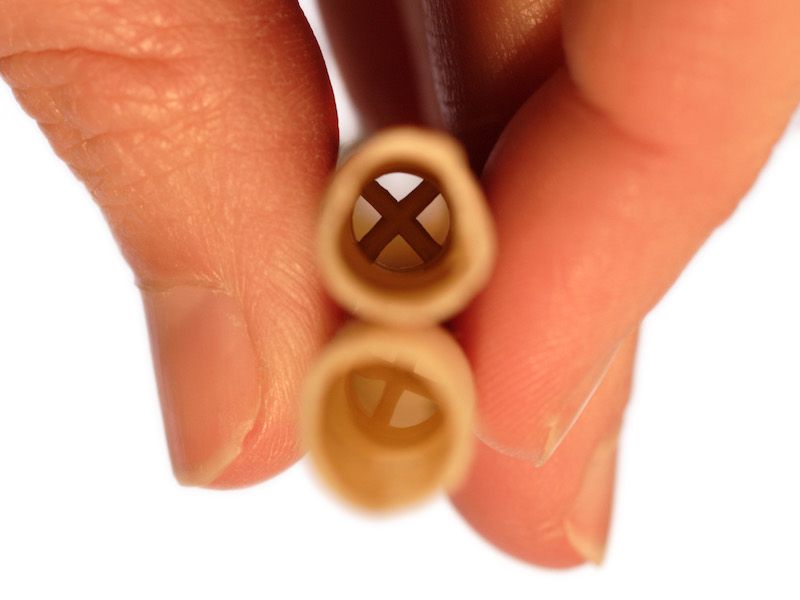
In some circles, the practice known as “ear candling” is persistently believed to be an effective way to reduce earwax. What is ear candling, and is it effective?
Earwax Candles, do They Work?
Spoiler alert: No. No, they don’t.
Why then do normally rational people persistently believe in this pseudo-science. That’s a hard question to answer. But the more you discover about earwax candling, especially the risks involved, the more likely you can draw an informed choice (even if the logical decision is pretty clear).
Earwax Candling, What is it?
So here’s the basic setup: Perhaps you have too much earwax and you aren’t quite sure how to eradicate it. You’ve read that it’s risky to use cotton swabs to clear your earwax out. So, after doing some investigate, you discover a method called earwax candling.
Here’s how earwax candling allegedly works: You develop a pressure differential by putting the candle in your ear, wick side out. The wax inside of your ear, then, is pulled outward, towards the freedom of the open world. Theoretically, the pressure differential is enough to break up that might be log-jamming in your ear. But cleaning your ears like this can be dangerous.
Why Doesn’t Ear Candling Work?
This practice has several problems, including the fact that the physics simply don’t work. There’s just no way for a candle to produce that kind of pressure differential (and in order to move earwax around, that pressure differential would need to be pretty substantial indeed). Also, a candle doesn’t have the kind of seal required to hold pressure.
Now, there are supposedly special candles used in this “treatment”. All of the wax that was in your ear can be located within the hollow part of the candle which can be broken up when you’re done with your 15 minutes of ear candling. But the problem is you can find this same detritus in new unburned candles too. So the entire process amounts to fraud.
Scientific research has never been able to prove any benefit regarding earwax candling.
So we Know Ear Candling Doesn’t Work But Dangerous is it?
So, you might as well give it a try, right? Well, any time you get hot candle wax near your ears, you’re looking for trouble. You might be fine if you try earwax candling. Lots of people do. But there are definitely risks involved and it’s certainly not safe.
Here are some negative effects of ear candling:
- Significant burns inside ear. When melted candle wax gets inside your ear, it can result in severe hearing problems and burns. In the most severe cases, this might permanently damage your hearing.
- Candle wax can also clog your ear canal after it cools down. You could end up temporarily losing your hearing or even needing surgery in serious cases.
- You could cause severe damage when you play around with an open flame and possibly even put your life in danger. You wouldn’t want to burn down your house, would you? It’s not worth the risk to attempt this useless technique of wax removal.
You Can Clean Your Ears Without Needing a Candle
In the majority of situations you won’t even need to be concerned about cleaning earwax out. That’s because the human ear is basically a self cleaning system. Nevertheless, there are certain people who will have abnormally heavy earwax production or buildup to deal with.
If you do need to clean out your ears because of excessive wax, there are scientifically-proven (and reliable) ways to do that safely. You could use a fluid wash, for example. Another option would be to see a hearing care professional for an earwax cleaning.
Cotton swabs are definitely a no-no. And open flames are not good either. Earwax candling is a technique that has no advantage and will put your ears, and your whole person, at considerable risk of injury and damage. So maybe it’s time to put those special candles away.